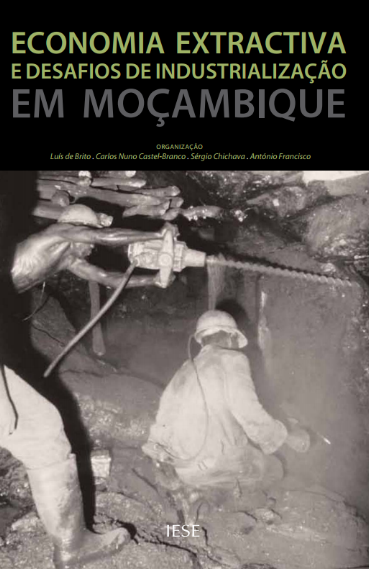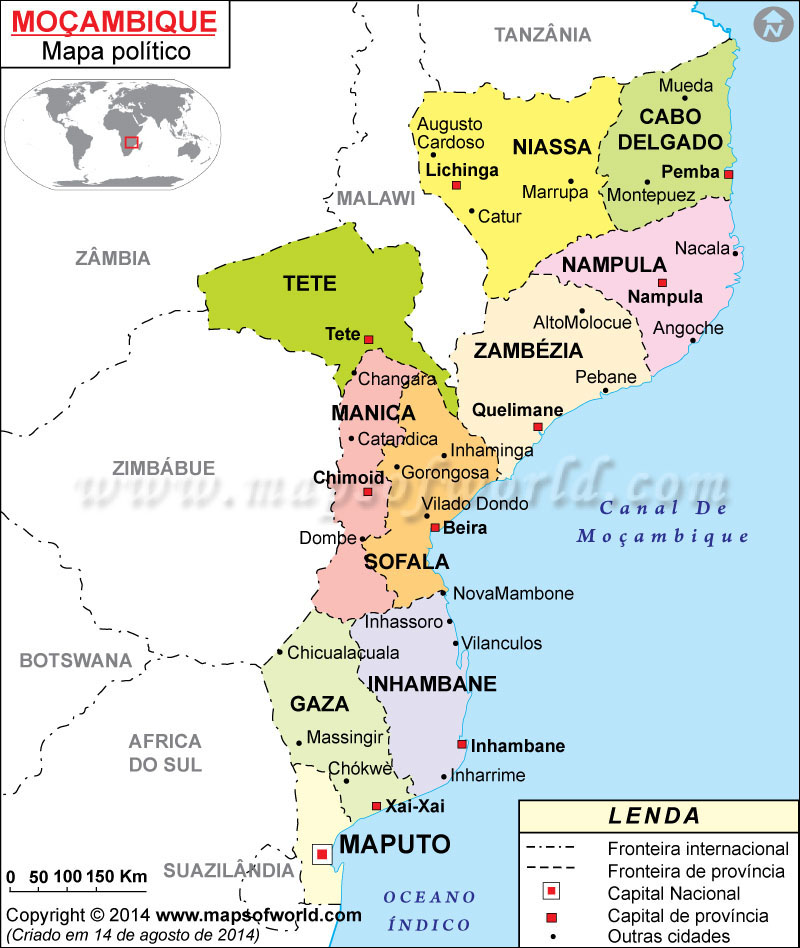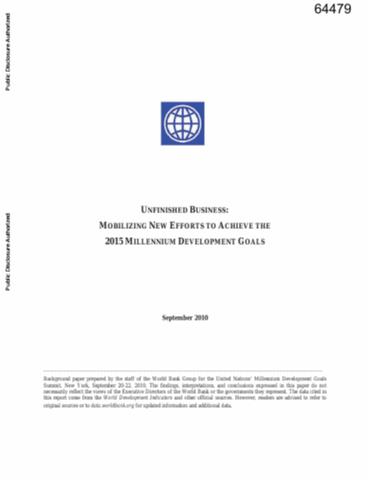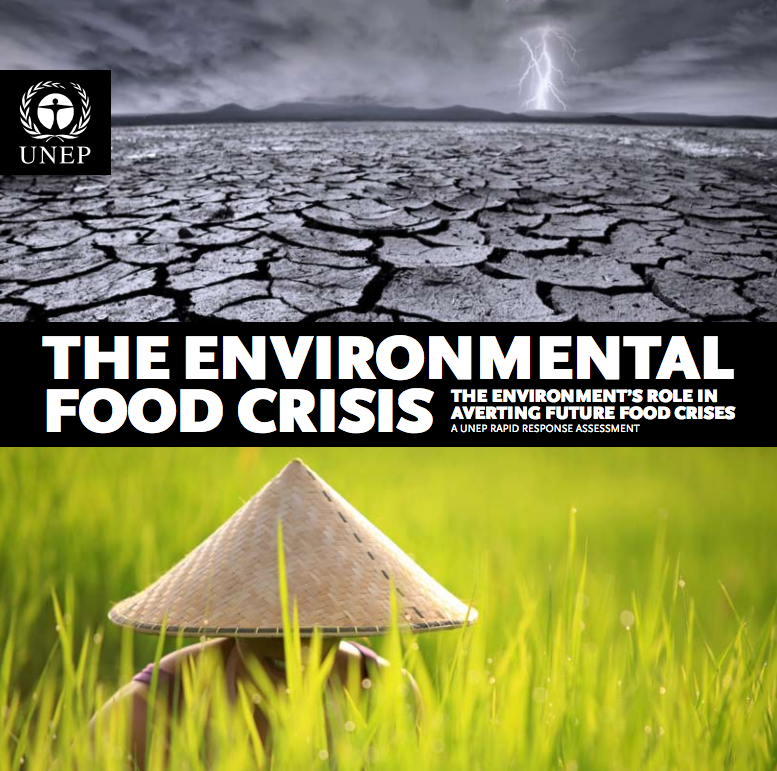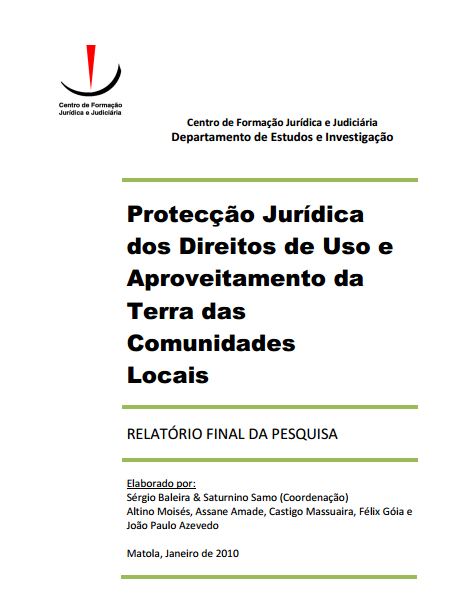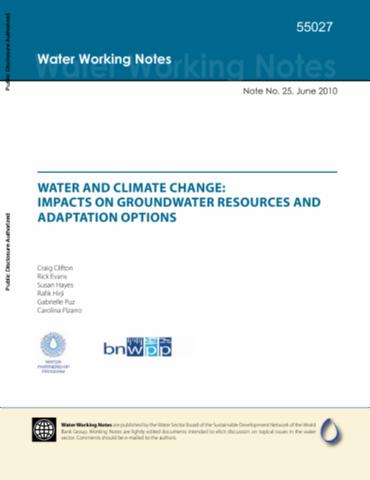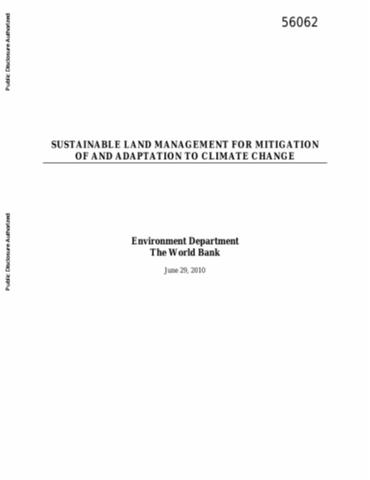A Economia Exterativa e Desafios de Industrialização em Moçambique
A experiência económica de Moçambique é frequentemente apresentada como um exemplo de sucesso na promoção de rápido crescimento com estabilização e redução da pobreza. O grau e a robustez do sucesso económico moçambicano são determinados pela magnitude das taxas de variação, isto é, por quanto é que a economia cresce e a pobreza reduz, e por quão estáveis são (ou por quão pouco variam) os indicadores monetários, chave da abordagem monetarista de estabilização (inflação, reservas internacionais e taxa de câmbio).

